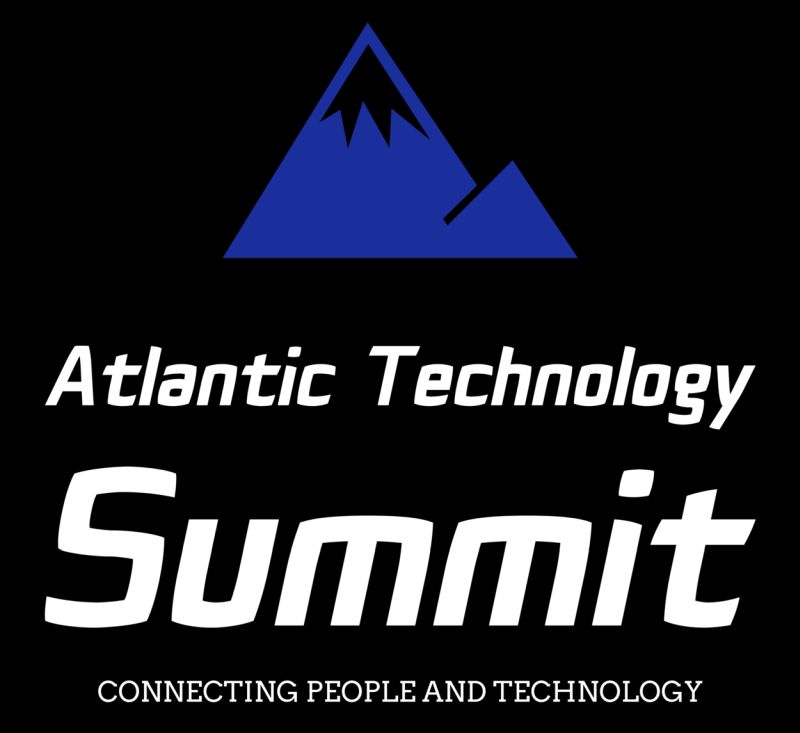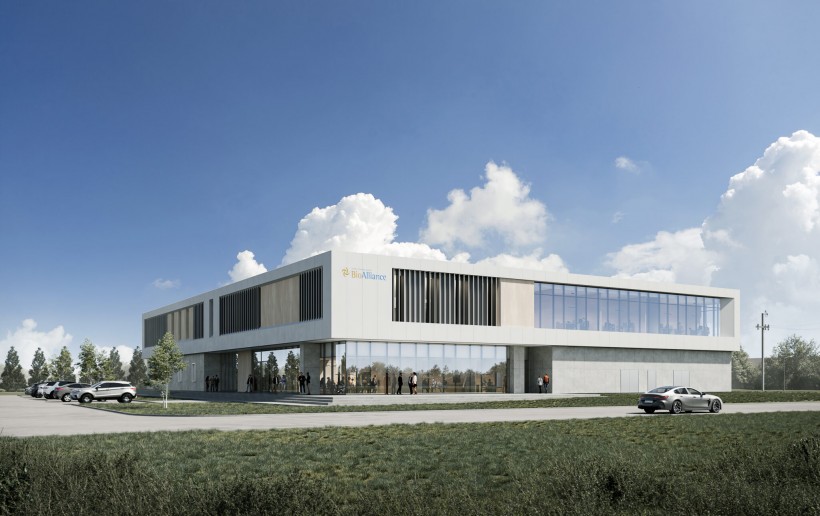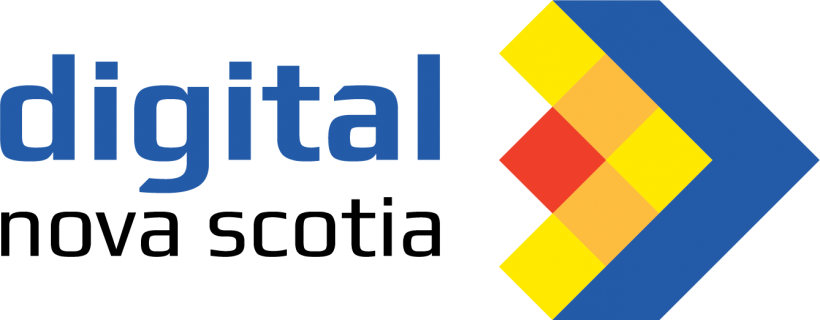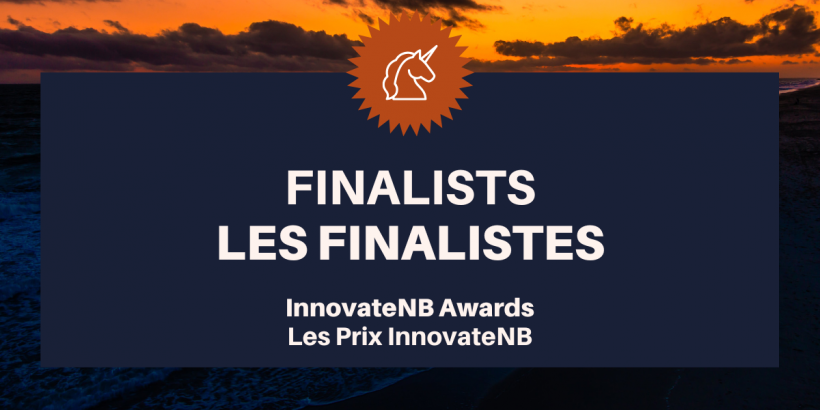Very quietly in the past year or so, Mindful Scientific has been hitting milestones and moving forward with the aim of having a product on the market next year.
The company’s main technology is the Halifax Consciousness Scanner, or HCS, which has many potential applications, though the company has focused its efforts on development of a device to assess head trauma as its initial product. It has received considerable attention in the past year because of the growing concerns about concussions in sports.
“Any work we do in concussions is of key importance to our corporate development plan and to our short term funding strategy,” said Ying Tam, the company’s chief executive, in a recent interview. Tam will present the company at the BioInnovation Challenge at BioPort Atlantic on Sept 27.
Ying Tam, a technology entrepreneur, was brought in at the beginning of the year to commercialize the product and to develop Mindful Scientific as a company. He admits the life sciences and medical devices segment has many more layers of complexity than many of his previous endeavors. Given the complexity, he said he is extremely pleased with the progress his team has made so far and the milestones they have achieved.
He also emphasized that he is impressed with the level of support the company has received from the business and life sciences community and from government, especially BioNova, Nova Scotia Economic & Rural Development, the National Research Council’s Institute of Biodiagnostics and the Atlantic Canada Opportunities Agency.
In the past few months, the company has completed its third – though not its final – prototype of a light, portable product that uses the HCS technology to assess brain injuries. The big advance in the yet-to-be-named product is its ability to assess head injury rapidly at the site where the injury occurred. The earlier iterations involved attaching electrodes to the head with wires linked to a personal computer – obviously impractical for the playground or the sports field.
The third-generation prototype looks more like a headband fitting easily over the head. It has a wireless transmitter that sends signals to a handheld tablet device, which then communicates via WiFi or cellular to the Mindful Scientific servers in “the cloud”. The goal was ease of use at the point of injury.
The company is working on a further prototype, though Tam declined to say how it will be improved.
Mindful has continued with a series of medical reports to help validate the effectiveness of the Halifax Consciousness Scanner in diagnosing brain trauma. It recently completed a clinical study of severe brain traumas, having already completed a study of normal brain activity to be used as a baseline for its research.
Mindful is now conducting a study of mild brain trauma, as concussions are known in medical circles, which it began in the summer with a local rugby league and has expanded recently to include several Dalhousie University varsity sports teams.
Mindful Scientific will use this portfolio of research in seeking regulatory approval for the product, which is a simpler process than some other regulatory requirements such as those in drug development. It should be relatively easy to prove that it is safe since it is non-invasive and proven technology, and then all it will have to prove is its efficacy. Company officials hope the product could be on the market next year.
The company has identified three key market opportunities for the HCS – hospitals, professional sports, and pharmaceutical groups. A further advance for the company is a number of relationships that it has recently established with industry opinion makers and early adopters who are key to their business and market strategy.
The company is linking up with health groups such as the Halvar Jonson Centre for Brain Injury, a rehab facility in Alberta, the Ontario Brain Institute, and several hospitals, as well as lead researchers in both concussion and other neuro-cognitive disorders.
Then there are the sports leagues and teams that have expressed interest in the product, ranging from pro hockey teams to Halifax rugby squads to college soccer teams. “Either we reach out to them or they cold-call us,” said Tam, “And we’ve had some pretty interesting cold calls, especially on the professional sports front.” Many will undoubtedly be early customers for Mindful Scientific’s product.







